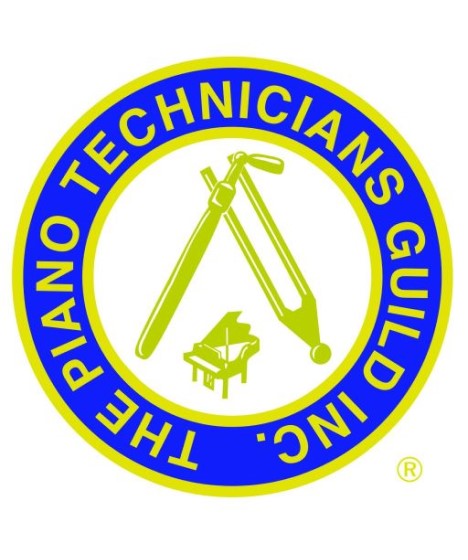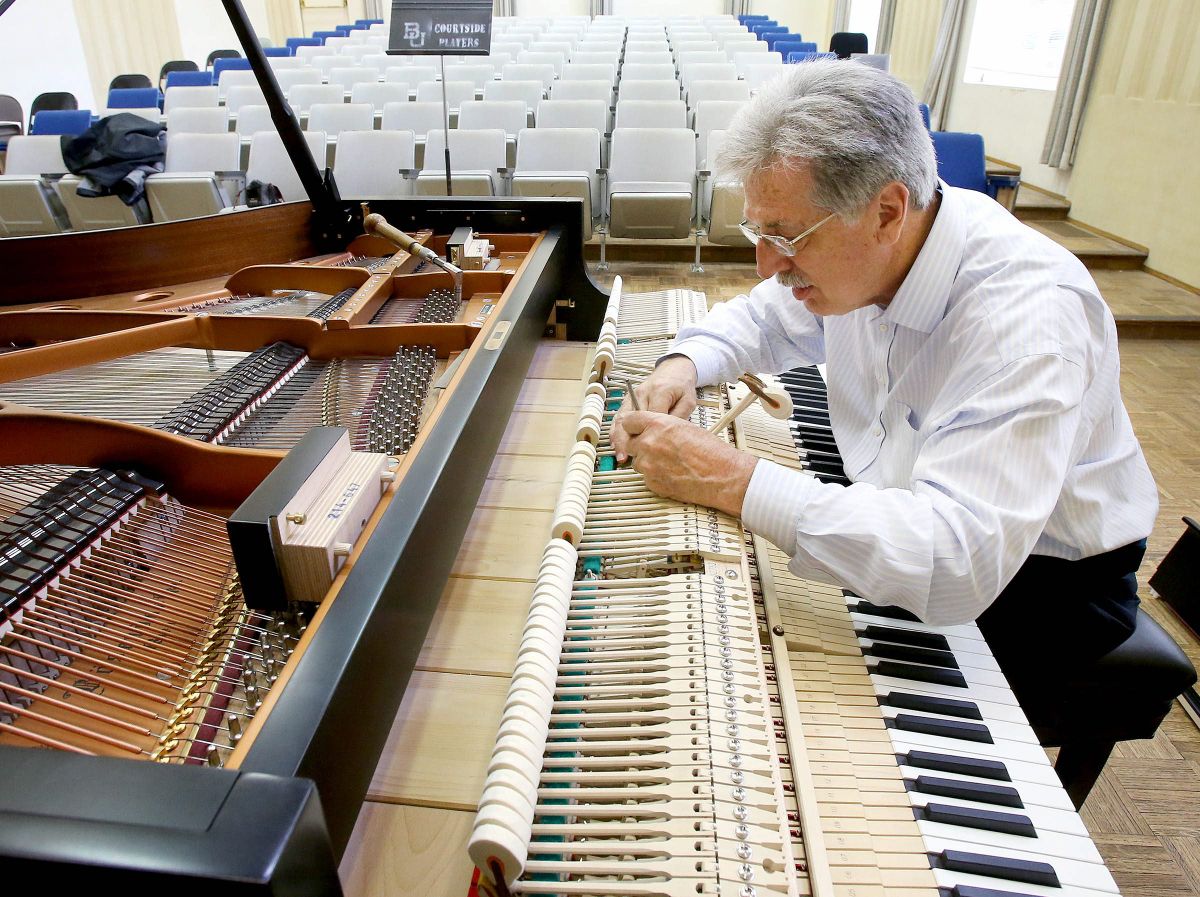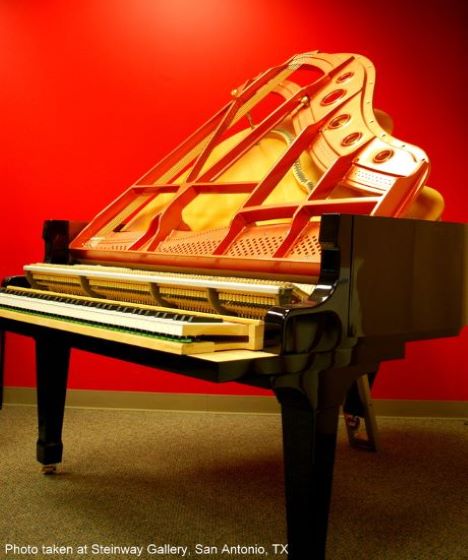

One recent morning, he and an assistant drove their cabinetry truck to two locations in Bandera.

For example, the web forum recently listed 24 old pianos in Texas – “free to a good home” in most cases.īut Peterson hasn’t had to look far. Peterson has four other piano guitars in the works or on order from his luthier’s shop, and should have no trouble finding unusable pianos to recycle into more guitars. Related: Beauty in the Horizon: SA Songwriter Garrett T. The Sitka spruce soundboard from that 1904 Cable piano is now cut to size for a P-100 model Peterson guitar, awaiting its owner. “I basically told, ‘Look, you need to come get it now, or its going to be ashes,’” he said. McKay later heard of an old piano sitting atop a burn pile nearby.

Eventually, “he did exactly what I had in mind,” McKay said. “I intended to get the wood to Neil to see what he could do with it,” McKay said. McKay could not bring the damaged instrument back to life, but he thought his guitar-making friend might be able to make use of it. After a few years, McKay asked for it back, but learned it had been left outside, exposed to the elements. He’d bought the piano off Craigslist, then lent it to a friend in Austin when it fell into disuse. “From my experience in tapping and listening to woods, I’ve never heard anything like these,” Peterson said, standing near piled cuts of non-aged, non-piano-wood cedar, mesquite, maple and other woods he’s used to build more than 75 guitars over 14 years.īandera singer-songwriter Hollin McKay is Peterson’s friend who brought him that first 1901 spruce soundboard. Neil Peterson holds one of his guitars that was made from uniquely grained wood. Unlike regular woods that simply make a tapping sound when rapped with a knuckle, these aged, vibrated woods emit a clear tone, almost like a rung bell. Such vibration is audible when Peterson pinches and taps tonewoods cut from several old pianos he’s salvaged. One reason Stradivarius violins are renowned for their incomparable sound quality is due in part to their wood having resonated music for many years, causing a “freer vibration.” That tonewood gains sound quality by resonating music for a century or more is not a far-fetched idea, according to some experts. “The wood’s already aged, and the soundboards in those pianos have vibrated for 100 years.” “He’s onto something with that deal,” Middleton said of Peterson’s piano guitars. “So these 100-year old piano woods already have that accomplished, and have the additional benefit of having vibrated and made music for years,” he said. Torrefied wood is “basically baked in a oxygen-free environment, to mimic the aging process,” Peterson said. Modern guitar makers try, he said, citing major companies like Taylor and Martin, which both have new lines of “torrefied” wood guitars. Old wood has gone through natural chemical changes that can help make it more resonant, Peterson concurred, and such processes cannot be rushed. “Right now, some of the most valuable instruments are 1930s and 1940s Martin acoustic guitars.” “What happens to the wood is all the sugars and what they call ‘volatiles,’ over time evaporate,” Colangelo said. Overhearing Middleton talk about his “Cub” during a break between sets at Goofy’s, Colangelo chimed in to explain what sets it apart from any other guitar he’s heard. (Woods like Sitka spruce and Port Orford cedar, used for string instruments, are called “tonewoods” in the trade.) The sound quality of a guitar depends on several factors, including its wood’s density, age, and type. It’s just amazing hearing the sound he’s getting out of these guitars,” Peterson said. “I’ve been able to go watch him play several times. Peterson made a second guitar for Middleton, dubbed “Mama Bear.” He makes a point of seeing his guitars in action in Middleton’s expert hands. Credit: Amada Claire Miller for the San Antonio Report Guitarist and singer Bill Middleton plays a Neil Peterson guitar custom made from recycled piano wood, at Goofy’s Bar and Grill in Canyon Lake. Middleton, who goes by “Bear,” agrees that the first piano guitar, which he’s nicknamed “The Cub,” has spiritual qualities. “It totally lived the life that it was made for originally, and now it’s getting a new lease on life.” “To me, it’s almost a spiritual thing,” Peterson explained of converting old, unusable pianos into shiny new acoustic guitars.

The idea is catching on, he added, and he plans to continue a new line of “piano guitars,” as they’re being dubbed by Middleton and other players. “We’re taking something that’s basically used up its useful life as a piano to give it a new life as a guitar,” Peterson said.


 0 kommentar(er)
0 kommentar(er)
